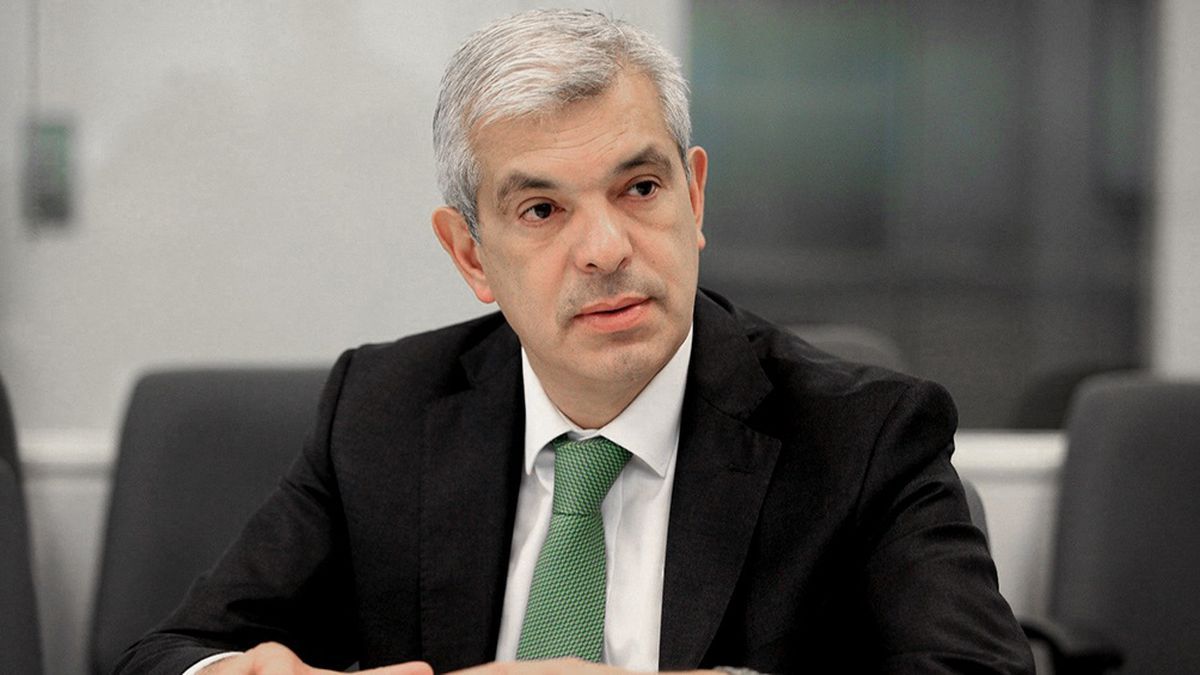The main challenge is to find a middle way between both positions. The official proposal would contemplate “guaranteeing the exports of the Hilton quota, 481, the US, Israel, Colombia and Chile and also that of 1 million cows and bulls category D and E”, according to a working document that the Agriculture portfolio approached entities. In addition, the possibility of expanding credits for the sector is also under discussion.
The entities will not accept this proposal and will insist on the total opening of the market. But the government will seek a more conciliatory tone in order to contain the rise in prices. Meat has a high weight that reaches 8% of the basket and therefore the efforts to contain the values. In fact, at the beginning of the restrictions, it was possible to stop the escalation of meat prices, a goal that soon ran away and today the average kilo of barbecue in Argentina exceeded 1,000 pesos.
The spokeswoman for the Presidency of the Nation, Gabriela Cerruti, announced last Thursday the meeting with the representatives of the entities of the sector, whose technical teams will hold a meeting on Tuesday to learn details of the proposal. “What Minister Domínguez is going to present is the 2022/23 plan for the entire sector: corn, wheat and meat,” Cerruti said at a press conference. There, he explained that this plan “is going to contemplate, as is the idea of this government and what President Alberto Fernández entrusted to the Minister, to guarantee that producers can produce as much as possible and can export what they have to export.”
This plan will be presented within the framework of the negotiations that are being carried out to contain prices in the domestic market. That is why Cerruti declared that “they will be measures that will first be discussed with the sector in a timely manner and then they will be announced.”
Although on the issue of corn and wheat, no details were disclosed regarding the plan to be presented, in relation to meat, the Government understands the need to increase the national herd and go on to slaughter heavier animals to increase productivity.
“We have to achieve greater stock and weight per animal; that is the policy that President Alberto Fernández entrusted to Minister Domínguez, and it is the policy we are going to,” said the Secretary of Agriculture, Livestock and Fisheries, Jorge Solmi on Friday. , while making a tour of a feedlot in the town of Tordillo.
In mid-May of this year, the Government decided, as a first measure, to close beef exports for a month due to the sharp increase in local values, and then to design a scheme that limited shipments to 50% of what was shipped for the year. passed by company (except for quotas like the Hilton, for example) and prohibited the export of seven popular cuts.
Beyond the restrictions, in the January-October period 479,890 weight-product tons were exported, which meant a contraction compared to the first 10 months of 2020 of 4.3%, while the income from shipments turned out to be 0, 7% higher, totaling US $ 2,267 million, according to the Institute for the Promotion of Beef (IPCVA). Months later, with the entry of Domínguez as minister, the quota was expanded to export category D and E cows to China. Today the cards are drawn and the possibilities are multiple. At the moment, there is nothing defined.
Source From: Ambito
David William is a talented author who has made a name for himself in the world of writing. He is a professional author who writes on a wide range of topics, from general interest to opinion news. David is currently working as a writer at 24 hours worlds where he brings his unique perspective and in-depth research to his articles, making them both informative and engaging.




